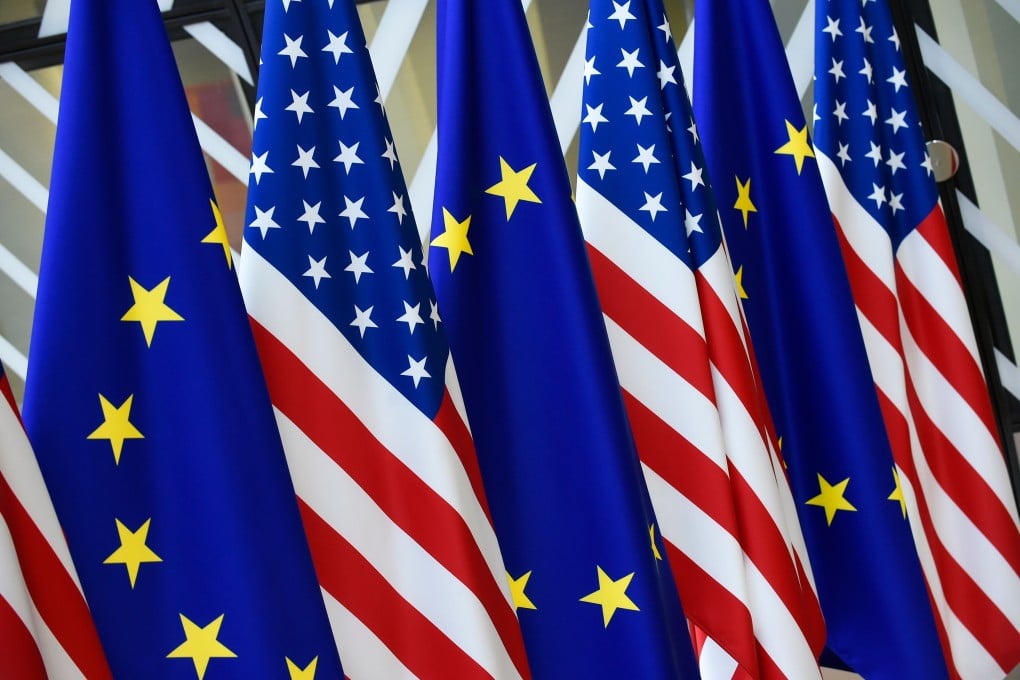Opinion | China-EU investment deal shows a Joe Biden united front on trade will not be easy
- The EU’s decision to proceed with the deal and ignore Biden’s requests to slow down shows the extent to which US and EU China strategies are not always in sync
- Some type of US-EU coalition on China is likely to materialise, but it will be more limited in scope and more complicated to manage than originally thought

Biden’s desire to reverse President Donald Trump’s go-it-alone strategy is prudent. However, caution is in order. While there is broad alignment between the United States and the EU on China trade issues, there are differences which could complicate the establishment of an effective coalition.
Although it has been overshadowed by the US-China trade war, the US-EU trade relationship is also on rocky ground. The EU was broadsided by the Trump administration’s imposing steel and aluminium tariffs on national security grounds, and it responded with US$3 billion in retaliatory tariffs.

02:17
Robotics a key cog in ‘Made in China 2025’ wheel
The Boeing-Airbus subsidies dispute continues to drag on. The World Trade Organisation has authorised the US to apply US$7.5 billion in tariffs to the EU, while it allowed the EU to enact US$4 billion in tariffs on the US.
